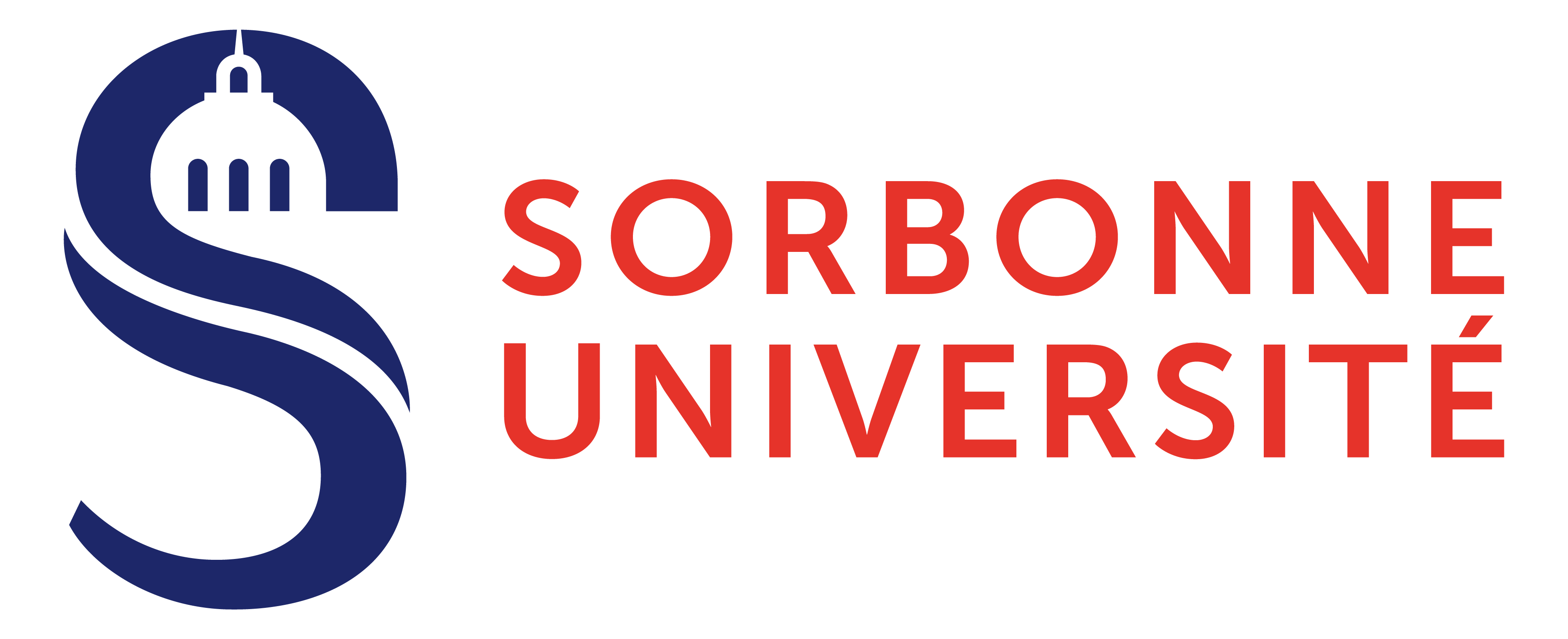Annuler :
Face-to-face event
States, institutions and societies in Iran, Afghanistan, Central Asia and
Pakistan since the 1970s
Pakistan since the 1970s
Venue: Room G009, ground floor, 28 rue des Saints-Pères - 75007 Paris
Organised by the Centre de recherches internationales (CERI, Sciences-Po) and the Centre d’histoire du XIXe siècle (CRHXIX, Sorbonne University), the graduate conference aims to rethink relations between states and societies in Iran, Afghanistan, Pakistan, and Central Asia since the 1970s. It adopts a comparative andtrans-disciplinary approach (political sociology, religious and political history, anthropology, public policy), and pays attention to transnational trajectories and circulations of political phenomena and groups, and their relationship to the state.
PROGRAM
8h30 — 9h Opening and presentation of the graduate conference
8h30 — 9h Opening and presentation of the graduate conference
9h — 11h Session 1 : States amid emerging public policy challenges
Discussants :
Sophia Mahroug, Sorbonne Université/University of Luxembourg
Sophia Mahroug, Sorbonne Université/University of Luxembourg
Guillaume Beaud, Sciences Po-CERI
Behnaz Khosravi, Institut national d’études démographiques - “Adjusted” Iranian political elites: socioeconomic reforms and individual conversions in the 1990s”
Misagh Javadpour, University of Amsterdam - “Beyond the Center: Analyzing Rasht’s revolutionary Experience in the Iranian revolution of 1979: mobilization patterns and violence”
Muntasar Siam, Government College, Lahore - “Ethnic conflicts and strategies for integration in Pakistan: implications for policy”
Jan Tomek, University of Oxford - “Le renouveau des relations entre l’Iran et l’Eurasie centrale: un aperçu des perspectives à Téhéran, Bakou et Tachkent”
11h — 13h Session 2 : Political and religious thoughts in the making of the state
Discussant :
Stéphane Dudoignon, École pratique des hautes études
Salomé Michel, Université Sorbonne Nouvelle - “Pahlavi regime’s forgotten elites: the role of former leftist opponents in crafting an official State ideology in 1970s Iran”
Sophia Mahroug, Sorbonne Université/University of Luxembourg - “The making of the historiography of the Sepâh: Historians of the Islamic Revolutionary Guards Corps (1980-1989)”
Nima Behroozi, University of Melbourne - “Propaganda after neoliberalism: late cultural production in Islamic Republic of Iran”
Yasin Zare, University of Quebec in Montreal - “Examining the sociopolitical influence of Waqf following the Iranian Revolution in 1979: a case study of Astan Quds Razavi”
13h — 14h Lunch
14h45 — 16h30 Session 3 : States in the management of their territories, minorities, borders
Discussant :
Gilles Dorronsoro, Paris 1 Panthéon-Sorbonne
Mélanie Sadozaï, George Washington University - “Collision et coopération en milieu frontalier isolé : les réseaux de gouvernance informels à la frontière entre le Tadjikistan et l’Afghanistan dans le Badakhchan (1997-2021)”
Altea Pericoli, Oxford Centre for Islamic Studies - “Negotiating aid access with Taliban: Muslim and secular NGOs’ humanitarian diplomacy before and after 2021”
Saeed Shafiei, Sciences Po Lyon - “L’État et les minorités ethniques en Iran: trois formes de la domination ethnique”
Jad Tayah, Doha Institute - “Post-conflict ‘re-carbonization’: The case of Afghanistan’s energy and environmental policies under the Taliban”
16h30 — 18h30 Session 4 : Institutions and para-institutions in the making of state policies
Discussant :
Amélie Blom, Sciences Po Lyon
Sophie Russo, Sciences Po - “Vernaculariser la conservation forestière : les acteurs du commerce de bois face aux politiques publiques d’afforestation au Pakistan”
Wendy Ramadan, Institut de recherche stratégique de l’École militaire - “La fabrique du politique à travers l’émergence des think tanks en République islamique d’Iran”
Nowmay Opalinski, Université Paris 8 - “The moving lines of the state control over the Internet in Pakistan : a political geography perspective”
Guillaume Beaud, Sciences Po-CERI - “Is bureaucratic autonomy connected tocivil servants’ family and professional connections within the state: the case of Pakistan’s prefectural and foreign services”
Eva Zahiri, École Pratique des Hautes Études, Sciences Po - “Gouvernement clérical et systématisation du droit public islamique en Iran"
18h30 — 18h45 Conclusion
18h45 Refreshments and drinks
Organising Commitee: Sophia Mahroug, Sorbonne Université/University of Luxembourg & Guillaume Beaud, Sciences Po-CERI
Scientific coordinator: Christophe Jaffrelot, Sciences Po-CERI
Organisé par : CERI











 16/11/2023
16/11/2023 09:00
09:00 




